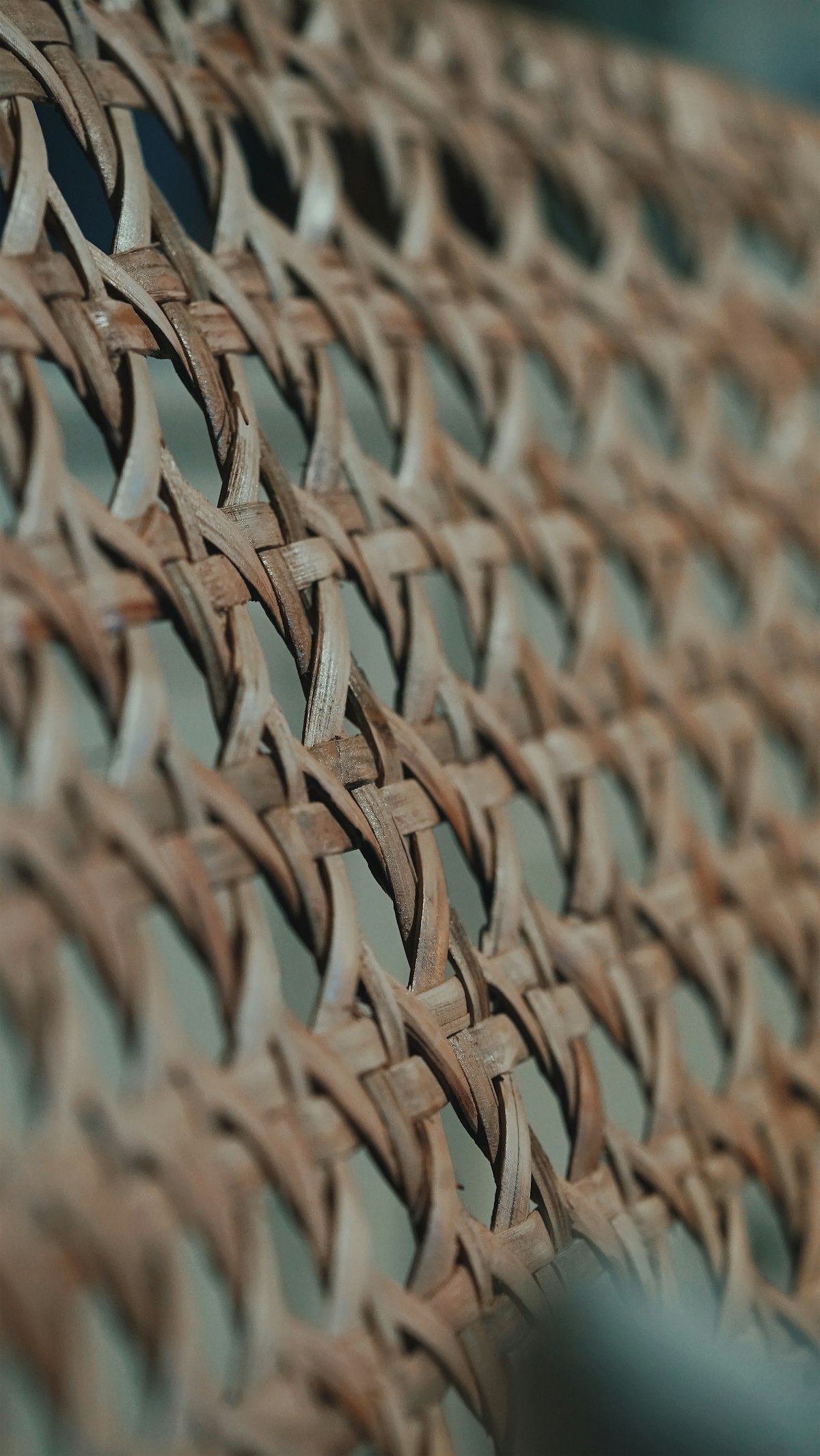Reality's Revelations

I find myself occasionally revisiting a pivotal article I read a few years ago, titled 'Reality has a surprising amount of detail.' I love it because it shows how a simple act of building basement stairs seems like a simple task, but is actually rather complex and requires attention to many details.
But the beauty is that this existence of many meaningful details is not specific to stair carpentry; it's a near-universal property of getting up close and personal with reality.
As I reflect on the past month and a half of 2023, I'm beginning to appreciate the nuance and subtlety of most things in life, be it a craft, art, activity, work, relationships, and more.
Take calisthenics, for example. One of my goals is to do the human flag this year, which, on the face of it, is akin to building basement stairs. All you've got to do is ensure your core, shoulders, back, and chest muscles are all strong enough to hold your body weight.
But dig deeper and reality reveals profound detail.
With more than 600 muscles in the body, I'm now beginning to work subtle, tiny muscles that I didn't even know existed: gluteus medius, supraspinatus, subscapularis, and many static stabilizers.
This is interesting. It brings me to the main point from the article, which reads:
This means it’s really easy to get stuck. Stuck in your current way of seeing and thinking about things. Frames are made out of the details that seem important to you. The important details you haven’t noticed are invisible to you, and the details you have noticed seem completely obvious and you see right through them. This all makes makes it difficult to imagine how you could be missing something important.
A question, then, I intuitively wonder about as I get deeper into something is always this: What am I missing here? Thanks to my trainer I was able to recognize and appreciate these subtle, small muscles, but the insight taught me something larger: that reality is more complex than we think it is.
Until next time,
Abhinav